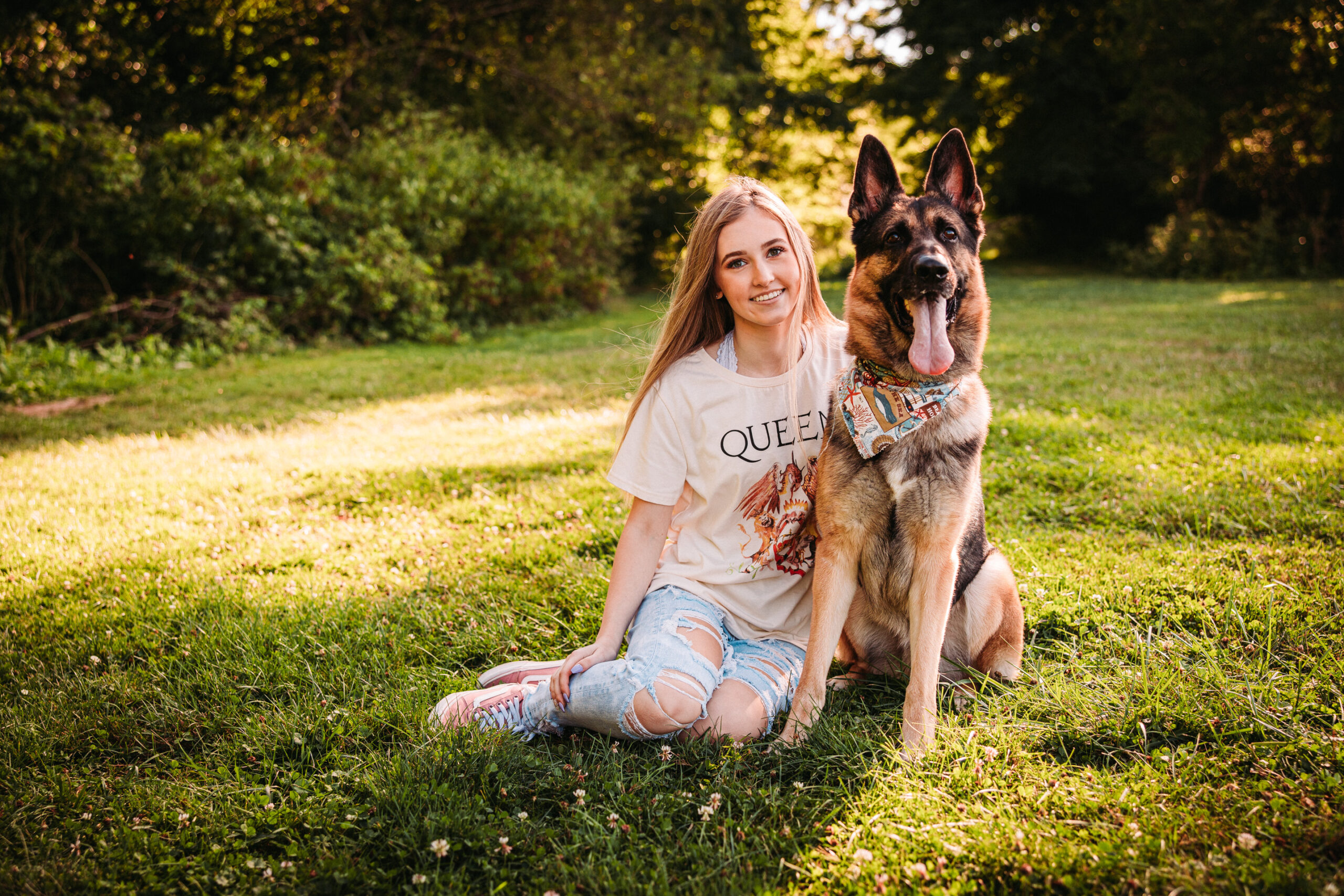
Pets inspire powerful emotions and strong attachments. They comfort the sick, console the lonely and entertain the children. We invite them into our families, pay their human-sized medical expenses and mourn their passing.
Our preferences for them are often passionate as well. To a dog devotee cats are arrogant and frivolous. To a partisan cat lover dogs are slavish embarrassments.
Our personalities are one possibility in explaining where these differing tastes in pets originate. We might be drawn to creatures that match our ways of thinking, feeling and acting, resonating with beasts that resemble us.
Alternatively, we might like pets that differ from us, attracted by the animal magnetism of opposites. A melancholy person might favour a sluggish and soulful companion, or a hyperactive diversion. Either way, pet lovers’ tastes may reveal their temperaments.
Reflecting our personality
Personality may tell some of the story, but not all. Pet preferences are also associated with gender and political beliefs. Studies show that women tend to favour cats and men prefer dogs.
In a 2014 American survey conducted with Time magazine, social psychologist Jonathan Haidt also showed that conservatives prefer dogs. A 2012 study conducted by the American Veterinary Medical Association found that nine of the ten states with the highest rates of dog ownership voted Republican in that year’s US presidential election. Nine of the ten states with the lowest rates voted Democrat.
If personality plays a role in our taste in pets, which characteristics might be implicated, and could these characteristics shine a light on the political dimension of pet preferences? One study suggests that dogs appeal most to people who are extroverted, conscientious, agreeable and conventional.
But in an article soon to be published in the journal Anthrozoos, we explored another possibility.
Our research
Mindful of the tendency for dogs to follow and obey their owners, and for cats to do anything but, we speculated that pet preferences might reflect differences between people in dominance-related personality traits.
Compared to cat people, dog people might be more assertive (interpersonally dominant), more competitive (eager to dominate) or more comfortable with social hierarchy (group dominance). If this were true, differences in personality between cat people and dog people might clarify their differences in political orientation and gender.
Research tends to show that liberals and women are less accepting of social inequality than are conservatives and men. A preference for cats or dogs might fit with this broader pattern.
We obtained two samples of more than 500 American adults and gave them a survey that assessed several dominance-related personality characteristics and quizzed them about their pet preferences. In both studies, self-professed dog people scored higher than cat people on measures of competitiveness and particularly on “social dominance orientation” (SDO) – the tendency to expect, accept and endorse inequality between social groups.
Women scored lower than men on SDO and were more likely to be cat people, but the link between SDO and being a dog person could not be explained by gender.
Hierarchical preferences
The link between SDO and preferring dogs to cats is a little surprising. Why, after all, should political beliefs about the relationships between human groups have anything to do with relationships between humans and non-human animals? SDO is associated with prejudice towards a variety of disadvantaged groups, but it also appears to be linked to greater fondness for canines than felines.
The common thread appears to be a preference for hierarchical relationships, whether between top dogs and underdogs within human society or between a person who leads and an animal who follows. Perhaps there is some truth to English writer Aldous Huxley’s statement that:
A recent study shows that people who are high in SDO have more favourable attitudes towards animal exploitation and are more likely to believe that humans are superior to animals.
The apparent link between preferring hierarchical relationships and preferring dogs to cats makes perfect sense when we consider the meanings that have been attached to dogs and cats. As cognitive scientist George Lakoff and his colleagues have argued, metaphors associated with dogs tend to picture them as loyal, dependable and dependent, but also servile, weak and ignorant: the virtues and vices of underlings.
In contrast, metaphors associated with cats present them as selfish, greedy, cowardly, predatory and independent: the traits of the ungovernable. Fido is faithful, but Felix is fickle.
There are many reasons to love cats and dogs. Setting aside their different attitudes to authority, they both offer companionship and connection. Being a dog person does not make one a Napoleonic despot and cat people are not all egalitarians.
Many people love both animals. Perhaps we should be most troubled by those who love neither.